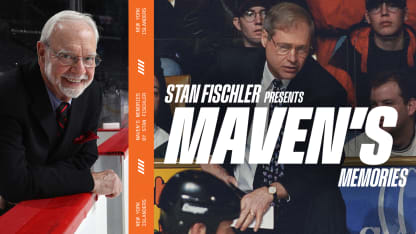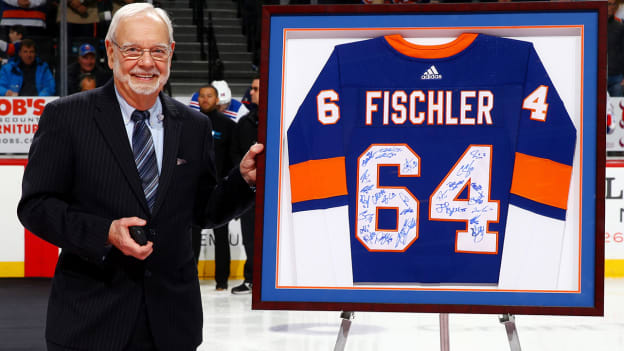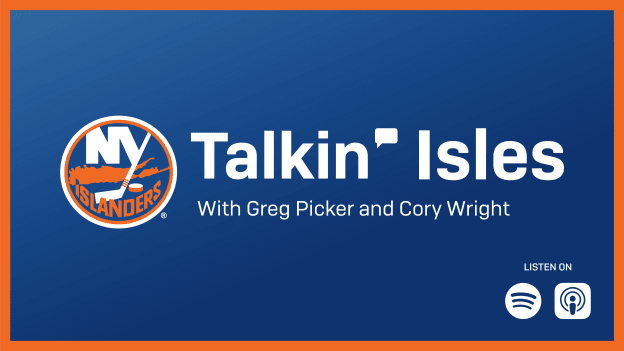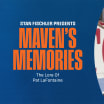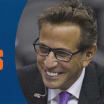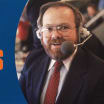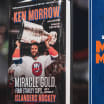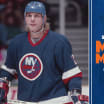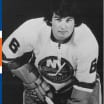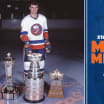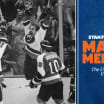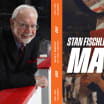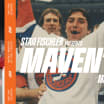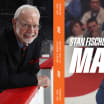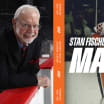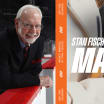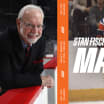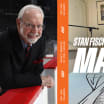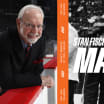When it comes to coaching in the National Hockey League nobody ever had a more daunting challenge than Terry Simpson.
He had to follow Al Arbour's act.
And if you don't believe me, then, well, take the Maven's word for it.
I was there for Radar's debut in 1973 and right through his coaching the Dynastic Isles. And I was there when Bill Torrey announced Arbour's successor in 1986.
To stay the least, Bow Tie Bill's choice of Terry Simpson was a stunner.
For starters, Simpson never had coached in the NHL before. He had no prior major league experience yet he was being asked to lead the likes of Hall of Famers such as Bryan Trottier, Billy Smith and Denis Potvin.
Why Simpson?
"I wanted a fresh approach," Bow Tie Bill explained.
Along with Arbour's voluntary exit into a "Player Development" gig, Torrey fired Brian Kilrea who had been Al's aide for two seasons. In hiring Simpson, Torrey bypassed such aspirants as ex-Islander Terry Crisp and Fred Creighton who was coaching the Isles farm team in Indianapolis.
"It wasn't as if Simpson didn't have any experience," said captain Denis Potvin. "Terry was big in Junior Hockey -- very big!"
Ten years of bigness to be exact. A native of Brantford, Ontario -- Wayne Gretzky's home town -- Simpson played one season of pro hockey for the Jacksonville Rockets and then turned to coaching.
The Easterner moved west, getting a gig in Prince Albert, Saskatchewan. The Raiders played in the fast Western Hockey League which bred such famed Islanders as Duane and Brent Sutter as well as Clark Gillies, Bob Bourne and Chico Resch, a native of Regina, Saskatchewan.
"Out West -- on the prairies," said Resch, "hockey is big and nothing is bigger than the Junior game. Torrey must have figured that if Terry could succeed there, he'd be worth a try in the NHL."

